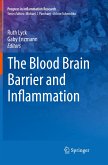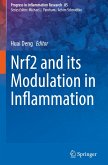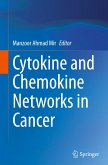Autophagy principally serves an adaptive function to protect organisms against diverse human pathologies, including cancer and neurodegeneration. Recent developments using in vitro, ex vivo and in vivo models show the involvement of the autophagy pathway in immunity and inflammation. Moreover, direct interactions between autophagy proteins and immune signalling molecules have also been demonstrated. Defects in autophagy - similar to cancer, neurodegenerative diseases and aging - through autophagy gene mutation and/or microbial antagonism, may underlie the pathogenesis of many infectious diseases and inflammatory syndromes. In spite of the increasing awareness of the importance of autophagy in these pathophysiological conditions, this process remains underestimated and is often overlooked. As a consequence, its role in the initiation, stability, maintenance, and progression of these diseases are still poorly understood. This book reviews the recent advances regarding the functions ofthe autophagy pathway and autophagy proteins in immunity and inflammation, focusing on their role in self-nonself distinction, their implications in innate and adaptive immune responses and their dysregulation in the pathology of certain inflammatory and autoimmune diseases.
Bitte wählen Sie Ihr Anliegen aus.
Rechnungen
Retourenschein anfordern
Bestellstatus
Storno








